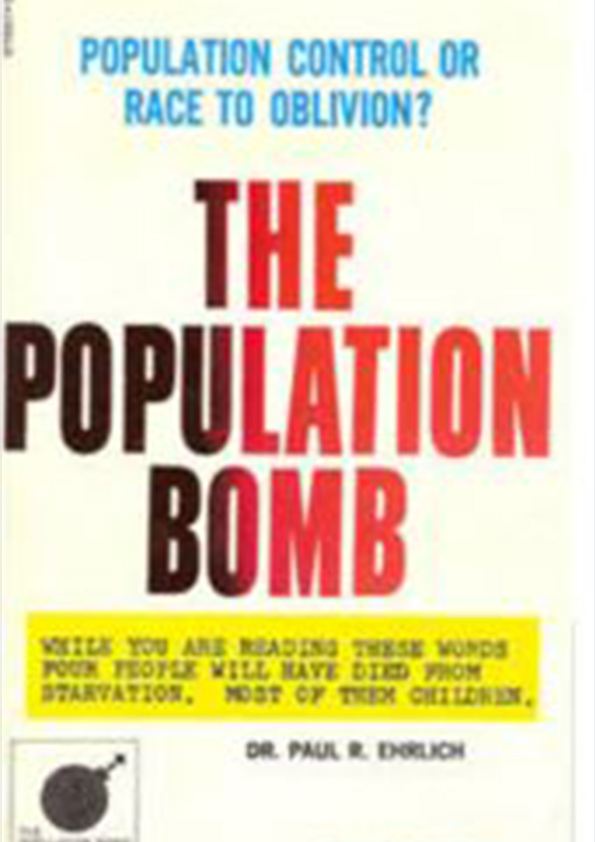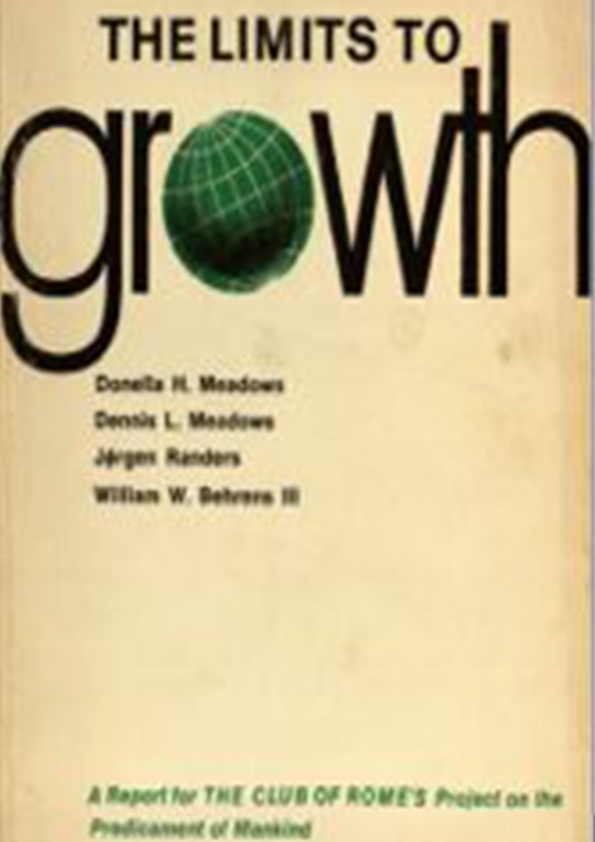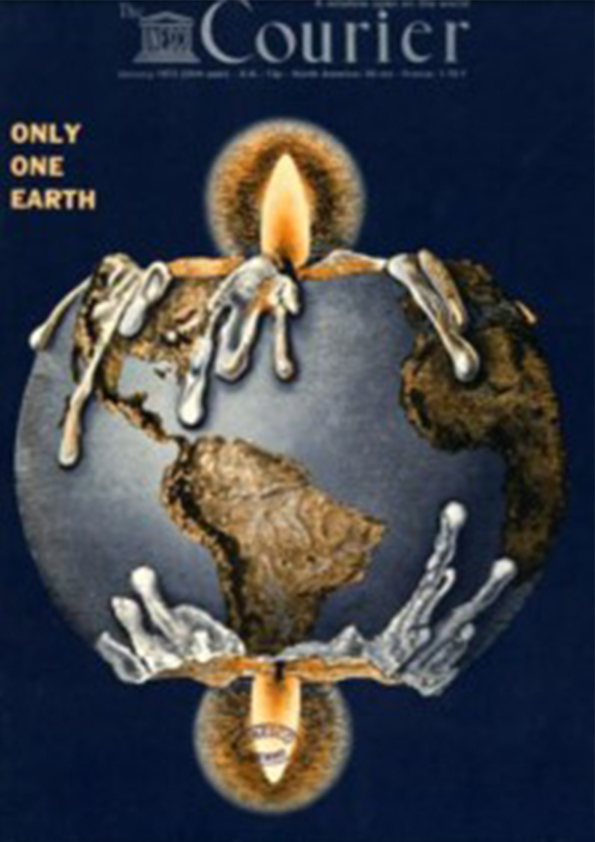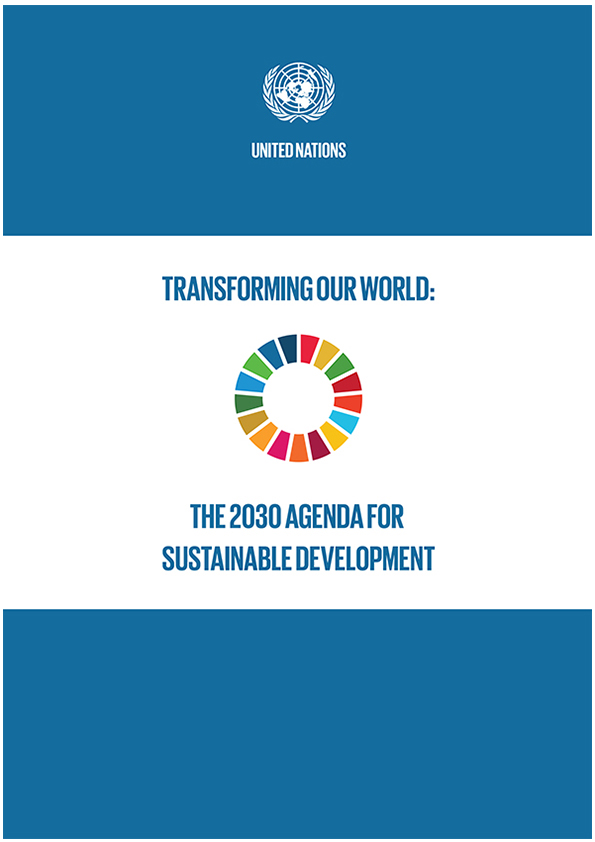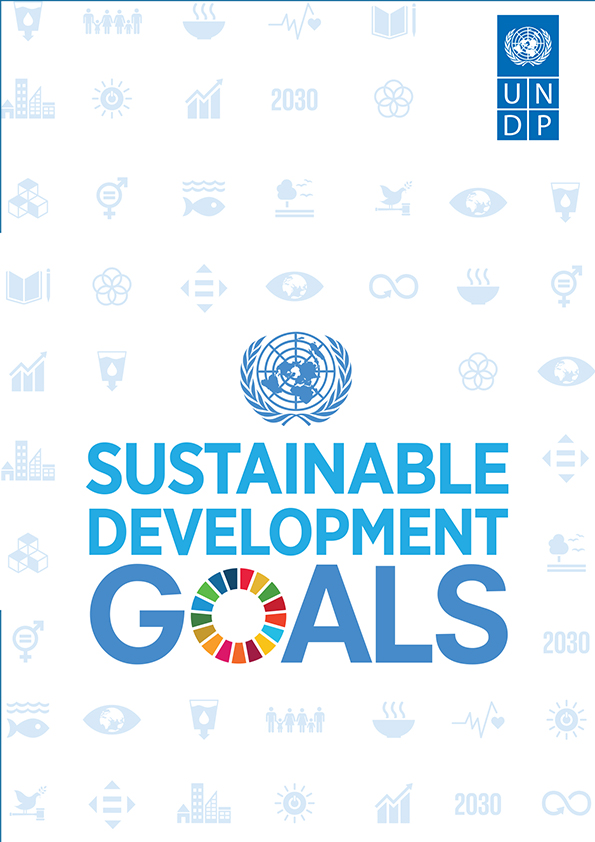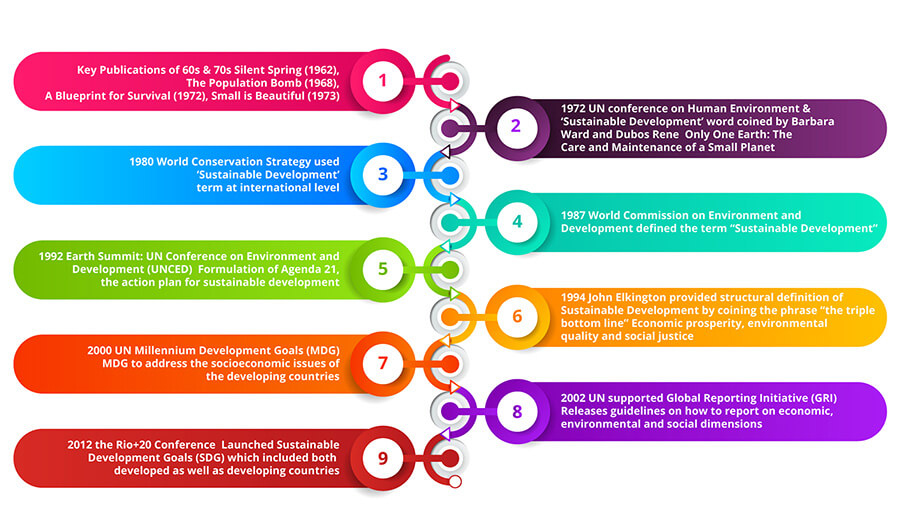Overview of Sustainable Development
A Brief Overview of Sustainable Development
Our pattern of consumption, manufacturing and settlement are the primary reasons for which the BLUE PLANET – our ONLY home is becoming unliveable. We must pledge for change in behaviour and should adopt ecologically sustainable practices to make this planet liveable.
From late 1960s and to early 1970s, many thinkers began to realise that the exponential industrial growth associated with increasing human needs and population growth can create catastrophic damage to the planet.
Our ever-increasing demand cannot be sustained by the planet’s limited resource base.
In 1970s several international agreements were signed in relation to the environment, including the Ramsar Convention on Wetlands of International Importance (1971), the Convention on the Prevention of Marine Pollution by Dumping of Wastes and Other Matter (1972), and the Conference on International Trade in Endangered Species of Wild Animals (1973).
The United Nations Conference on the Human Environment (1972) in Stockholm is regarded as one of the most significant international conference. It acted as a catalyst for change and raised awareness about how the planet’s environmental and developmental issues are interlinked.
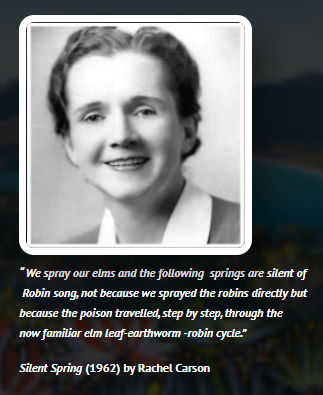
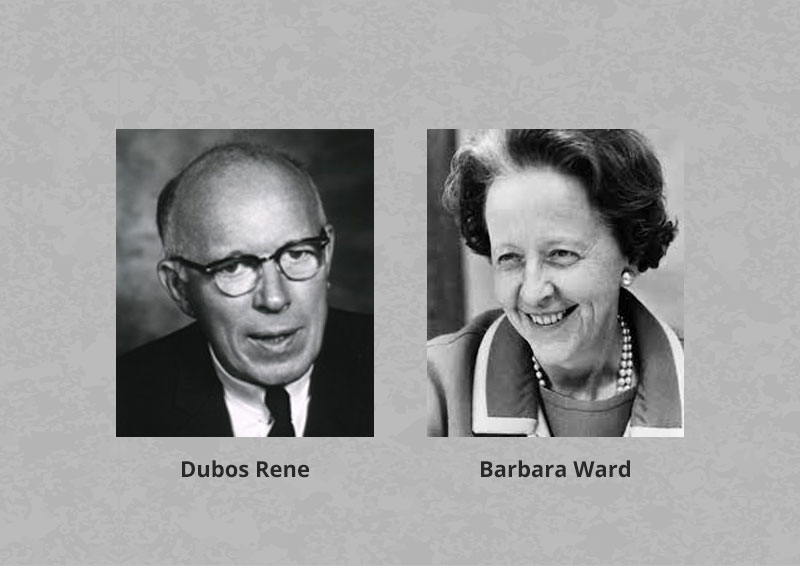
In 1972, Barbara Ward and Dubos Rene coined the term ‘Sustainable Development’ for the first time in their book Only One Earth: The Care and Maintenance of a Small Planet, as a compromise between the demand for development and conservation.
In 1987, the World Commission on Environment and Development, (popularly known as the Brundtland Commission), published its report entitled Our Common Future, also referred as the Brundtland Report
Graphical Representation Of The Triple Bottom Line (TBL) Concept
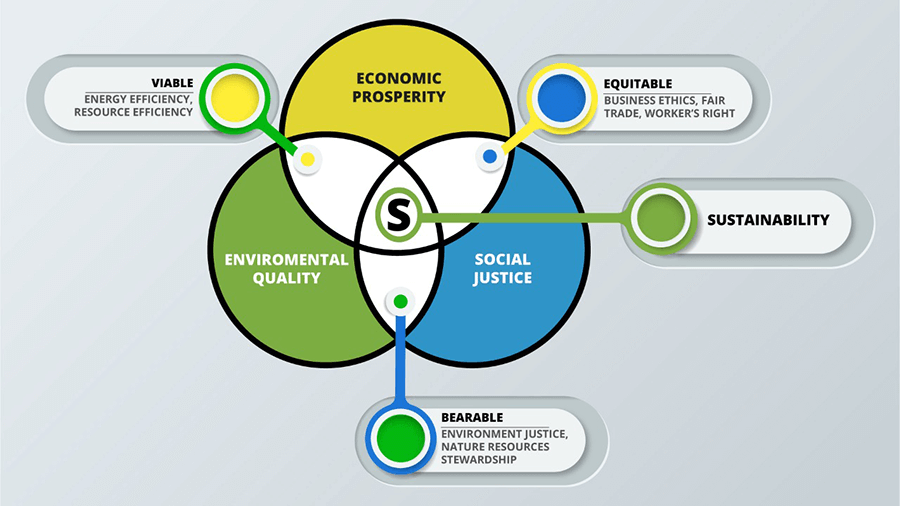
The Brundtland Commission defined sustainable development as:
…development that meets the needs of the present without compromising the ability of future generations to meet their own needs… (UNWCED 1987, para. 27)
The concepts of Sustainable Development can be better understandable based on its principles:
- Equity (intra-generational and inter-generational equity).
- Conservation of Biological Diversity.
- Internalisation of Environmental Costs.
- The Precautionary Principle (preventive measures).
- Human Rights.
- Participation.
Since 2018 ACSDRI is committed to advance global aspiration to attain Sustainable Development Goals by 2030. VISIT our Biodiversity Knowledge Forum, Sustainability Training and Development, SDGs & Circular Economy in Action Podcast, The Blue Planet – Sustainability Magazine, Sustainability Conference.
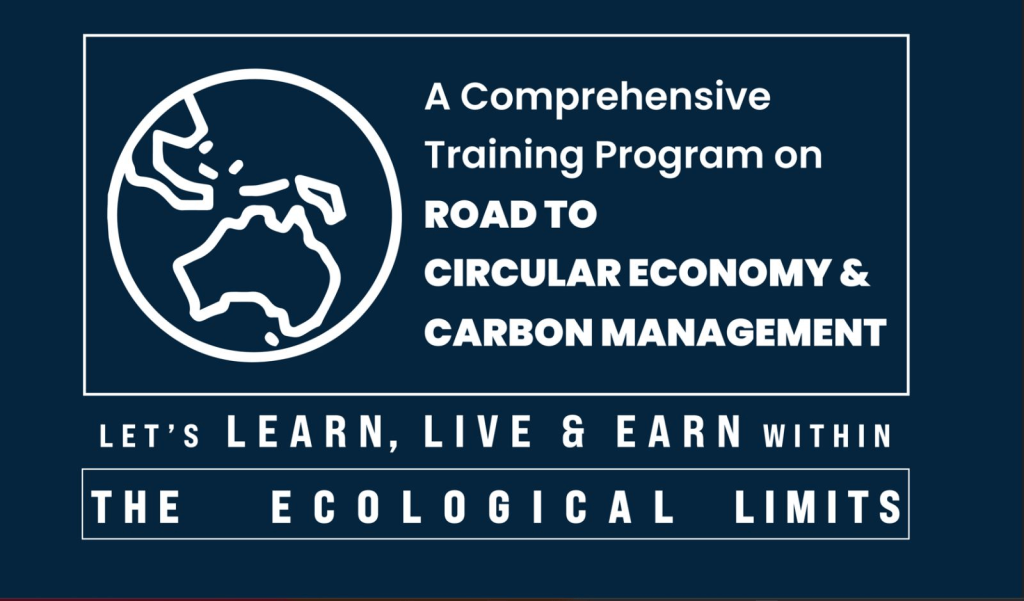
In 2000 the United Nations launched its Millennium Development Goals (MDGs) to reduce the extent of basic social and environmental problems among developing countries by 2015. After a reasonable success of the MDGs, the Secretary-General of the United Nations, Ban Ki-Moon stated that:
…Experiences and evidence from the efforts to achieve the MDGs demonstrate that we know what to do. But further progress will require an unswerving political will, and collective, long-term effort. We need to tackle root causes and do more to integrate the economic, social, and environmental dimensions of sustainable development… (The Millennium Development Goals Report 2015, Foreword)
In 2015 the United Nations announced its Sustainable Development Goals (SDGs) which are universally applicable to all UN member countries (for both developed and developing countries). The UN’s SDGs (2015-2030) has 17 goals covering all three aspects of the sustainable development (economic development, environmental sustainability, and social inclusion).

